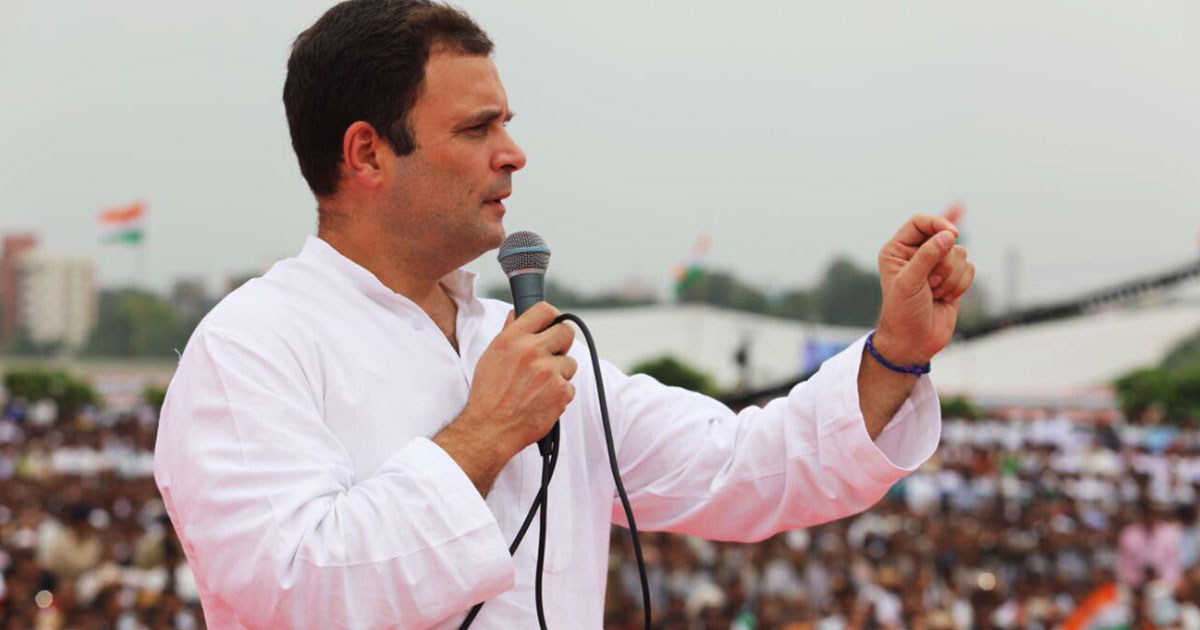Let us first understand GST 2.0 which has been proposed by Congress in their most recent Election Manifesto.
GST 2.0 regime is a new advancement in GST taxation. It is assured for a single, moderate, standard rate of tax by the Congress, which would be covering all goods and services. There are yet some exceptions which would be kept out of this regime and they are the essential goods of mass consumption like the food grains, lifesaving drugs, vaccines, etc. and also the essential services.
The Congress party promises the Citizen of the Country, that once coming to the power, the Congress party would simplify the GST taxation rule by implementing GST 2.0 regime and they do have the panel of Financial experts who would fix single slab of tax for the majority of Goods & services. Under this tax regime, the essential goods and services and life-saving drugs would be free-rated. As of now, the party has not proposed exactly for what would be the GST but said that it would be decided as soon as the Congress Party comes to power. The party has also the plannings to abolish the e-way bill.
The Indian National Congress looked charged today and with a juvenile enthusiasm, the Party released its manifesto for the upcoming general election 2019.
Recently, Rahul Gandhi, the Congress President was criticized all the way round for calling GST as the ‘Gabbar Singh Tax’ and now, the party has released a 14-pointer proposal for GST 2.0 which the Party would bring to action once got the Ruling Power.
Content of the Manifesto
The proposed manifesto seems challenging for the current ruling Government as the emphasis has been laid on a single tax slab for the majority of goods and services. The Manifesto got released by the Congress President Rahul Gandhi which proposes a single slab for all goods and services. The manifesto looks irresistible for the people as items like foods, lifesaving drugs and some other essential items are kept out of the GST ambit. It looks like a challenge to the existing four slabbed GST. Though, exact tax slab which has been mentioned is not been revealed yet.
As per the Telangana Congress Twitter handle, the Economic slab would be such that the tax slab would be capped at 18%. While speaking to Inc42, the Congress spokesperson and member of its professional committee Salman Soz said, “It is simply the manifesto. The GST rate is something that will be decided once the party comes to power.”
The proposed one slab solution has been widely criticized by the union finance minister Arun Jaitley. He said, “The proposal has been made out of sheer ignorance to which I have responded multiple times but what can be done if one doesn’t want to understand.”
Giving an example of Singapore, he said, “Singapore has one GST rate of 7%, as there is no one below the poverty line. I had even asked the prime minister of Singapore that do they imposed the same GST on rice as well as on Mercedez? The Prime Minister said yes.”
In India, “it is impossible. Imagine, having the same GST on food and clothes that BPL (Below poverty line) people buy and others buying AC!” Jaitley commented.
However, Soz clarified, “essential goods and services, lifesaving drugs etc have been kept out of GST 2.0. Hence there is no question of this impacting the poor class of India”.
GST 2.0: Is this a Progressive and helpful move supporting startups
It would be too early to make any speculation in context to the concept of GST 2.0 in detail. There could be a provision such that the startups’ products and services would be kept out of GST for the first three years as earlier it has been promised by the Congress Party that there would be zero permissions required for the first three years for any new business. There would be no angel tax, solid incentives and tax credits based on the number of jobs such startups create. Credit facility from banks would be made easy.
Lots of question would be arising out of this approach as, to whether bringing real estate and petroleum under the same GST slab as clothes and other essential goods, is wise to tackle the Country’s diversified issues
Commenting on the proposals, Siddarth Pai, founding partner, 3One4 Capital told Inc42, “The current proposal is more an articulation of the intent and end state of the current GST regime. Matters such as convergence to a single rate or bringing petrol, etc under its ambit have been discussed & proposed, with execution depending more on political manoeuvring than economic sense. Any legislation of this scale needs to have been done in record phases, which is what has been stated.”
“Means of achieving this in addition to the policy statements would have helped voters better understand what the Congress proposes to do differently. Since GST requires consensus from the states as well, the ultimate execution of this will be determined more by the GST council than a single party,” Pai added.
In this scenario, as the Congress party tried to attract the SMEs and initiating businessmen through proposing GST 2.0, more of the disagreement could be noticed. This manifesto also proposes for the abolishment of the existing e-way bill and says that the e-way bill would be replaced by the risk management system and intelligent mechanism. Altogether the proposed idea sounds vague and looks more opaque as compared to the existing one.
